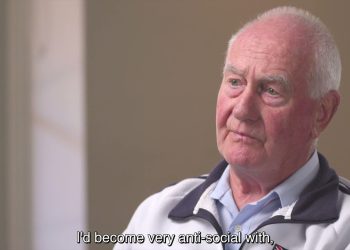The multi-billion dollar resort and casino project envisioned by Las Vegas Sands in Uniondale has encountered another significant hurdle. The setback comes as State Supreme Court Judge Sarika Kapoor proclaimed the company lacks a legal lease for the Coliseum and adjacent land. Kapoor had previously nullified Sands’ lease with Nassau County. Public opposition to the project adds another layer of complexity for the operator.
Sands’ Casino Pursuit Continues to Be Hamstrung by Legal Entanglements
This latest court order is embedded in a lengthy legal tug-of-war involving Hofstra University, Nassau County, and Las Vegas Sands. In April of last year, Hofstra brought a lawsuit to court claiming the county flouted the state’s open meeting laws during the process of approving the lease transfer to Sands. Kapoor had previously directed the county to initiate the process afresh and inaugurate an environmental appraisal prior to evaluating a new lease.
The court’s ruling strengthens Hofstra’s standpoint, underscoring the necessity for public consultation and environmental assessments prior to any transfer or development of Nassau Coliseum. Hofstra lawyer Adam Schuman asserts that no progress can be made without availing the public of a chance to voice their opinions on such significant decisions that will shape the future of the county, expressing his approval of the latest ruling.
Another critical verdict has been delivered by the Court, imperative in safeguarding the public’s rights as laid down by state and county regulations.
Adam Schuman, Hofstra attorney
The defense put forth by Nassau County states that the Sands holds the rights of a leaseholder as part of a private understanding with Nassau Live Center LLC, the erstwhile tenant of the Coliseum. Regardless of Kapoor’s past decisions, the county carried forward its plans for development, including environmental and zoning evaluations in collaboration with the Town of Hempstead. These efforts may prove futile as the high-profile endeavor thrashes about amidst intensifying pressure and fierce competition.
Continued Complications Loom Over the Project
Las Vegas Sands, on the quest for one of three coveted gaming licenses in New York, bestowed Nassau Live Center LLC around $241 million for the Coliseum lease. This pact established the foundation for Sands to bid for a gaming license. Kapoor’s recent decree makes it clear that any fresh lease agreement must be written down, in compliance with the Nassau County administrative code and Open Meetings Law.
Sands still needs to combat significant hurdles even if it surmounts this one. The operator’s request for a tax break sparked discord among local communities, uniting residents and businesses against the company. Critics of the casino argue that the potential negatives stemming from such a large establishment would supersede any potential economic gains, inducing drastic changes to the neighborhood’s character and causing an uptick in crime.
Regardless of the ongoing impediments, the legal tug-of-war perseveres, with Nassau County challenging Kapoor’s November verdict concerning breaches of the open meetings law. Speculations of a secret pact between Hofstra University and Sands’ competitor Hard Rock International add a spice of scandal to the case’s mix. Meanwhile, other New York casino contenders are seeing steady advances and look set to secure the limited licenses.







